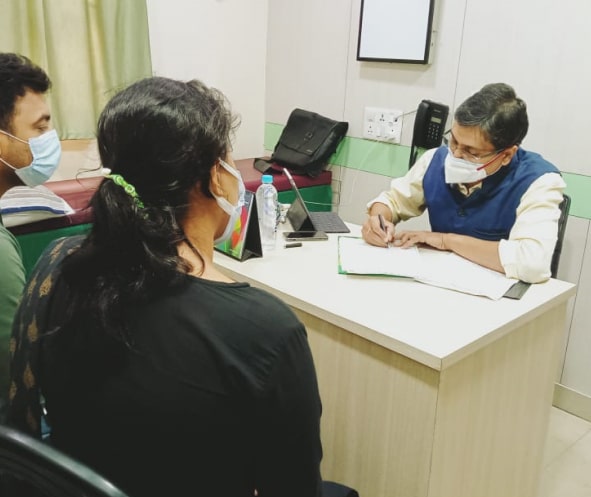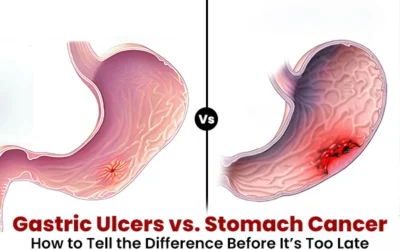Now Closer to You
Specialization







G.I. Cancer Treatments
About Me
Renowned Gastrointestinal Surgeon and Oncosurgeon in Kolkata with extensive experience in GI Oncosurgery, Advanced laparoscopic surgery, piles surgery and management of Complex Digestive Diseases. Comprehensive care of Gastroenterology problems & Comprehensive treatment of all GI cancers. His efficiency in minimally invasive surgery has made him the best laparoscopic surgeon and best Gastrointestinal oncosurgeon in Kolkata…


About Me
Renowned Gastrointestinal Surgeon and Oncosurgeon in Kolkata with extensive experience in GI Oncosurgery, Advanced laparoscopic surgery, piles surgery and management of Complex Digestive Diseases. Comprehensive care of Gastroenterology problems & Comprehensive treatment of all GI cancers. His efficiency in minimally invasive surgery has made him the best laparoscopic surgeon and best Gastrointestinal oncosurgeon in Kolkata…
Why Choose Dr. Sanjoy Mandal-Best Surgical Oncologist in Kolkata
With an experience spanning over 20 years, Dr. Sanjoy Mandal has skillfully performed over 10,000 successful surgeries, benefiting a diverse patient base of over 20,000 individuals. As a leading surgical oncologist in Kolkata, he has expertise in the field of GI Oncosurgery, Advanced laparoscopic surgery, piles treatment and management of complex digestive diseases. Dr. Mandal’s proven track record in minimally invasive techniques, extensive tenure, and compassionate approach collectively make him the best choice for those seeking top-tier gastrointestinal care.




Book your Consultation
Schedule an appointment with Dr. Sanjoy Mandal for personalized and expert care.


Book your Consultation
Schedule an appointment with Dr. Sanjoy Mandal for personalized and expert care.
Patient Reviews
Recent Updates
Is Your Acid Reflux Turning Dangerous? The Hidden Link Between GERD and Oesophageal Cancer
That burning after a plate of biryani, the sour taste climbing your throat after chai, the heaviness that follows a late-night Adda — they may feel like small discomforts in your busy life. But what if your “acidity” isn’t just acidity anymore? What if it’s your...
Your Everyday ‘Gas Problem’ Could Be a Warning Sign— When Bloating Means Something Serious
Many wake up thinking, "Gas again today." Another day of bloating, heaviness and an uneasy belly. You drink hot water, take a home remedy, or try to ignore it. However, somewhere in the back of your mind, a small worry whispers, “Is this normal… or something else?”...
Gastric Ulcers vs. Stomach Cancer: How to Tell the Difference Before It’s Too Late
It often starts with something small — a dull ache after meals, a bit of bloating, maybe a burning feeling in your upper abdomen. Most people brush it off as acidity or an ulcer. But sometimes, what feels like a simple gastric problem could be an early sign of...




